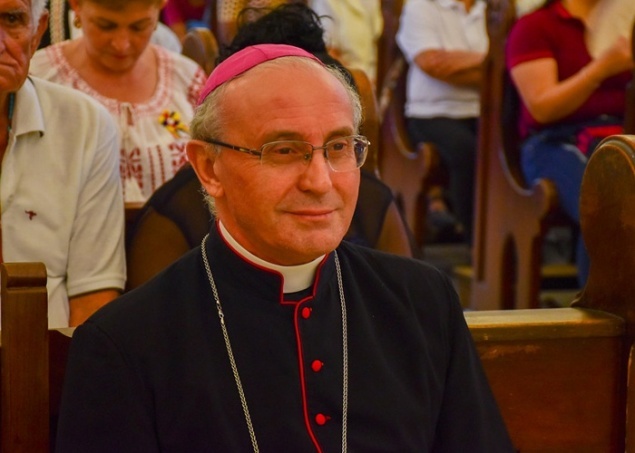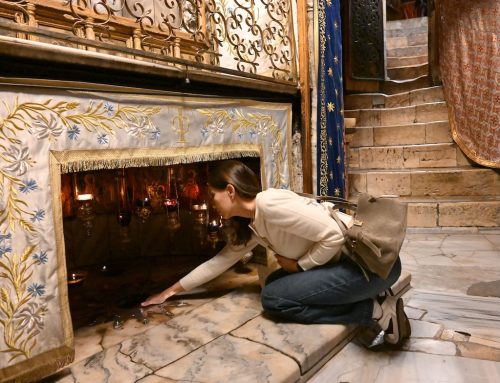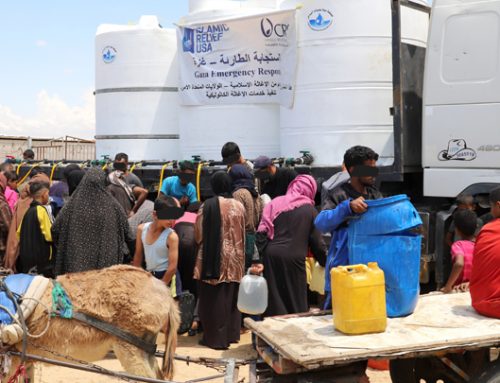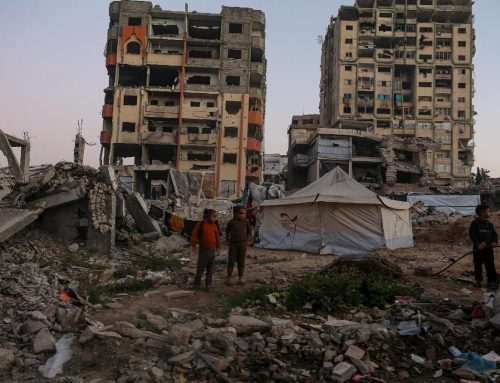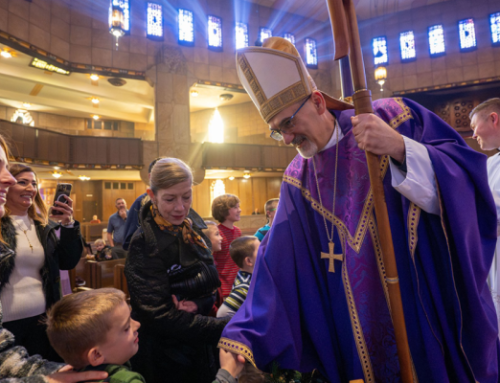Dear brothers and sisters of Christ, who are migrants and asylum seekers in Israel, I would like to address you in this day that is dedicated, by the Catholic Church, to all the migrants and refugees in the whole world.
In this day, the Latin Patriarchate of Jerusalem normally organizes, every year, a big celebration where all of you are invited: Filipinos, Indians, Ethiopians, Eritreans, Sri Lankans, Polish, and people from many other countries. It has always been a wonderful day, full of colors, of joy, of sharing, an occasion to gather and express our common faith in several languages, enjoying the richness of our different traditions, particularly through the songs and the dances. Every year it is an occasion to listen together to the Word of God and to receive the body of Christ who unites us and builds us as one people, every one being especially and uniquely loved by God, whatever our origin, our social status and our present situation.
This year, there was no opportunity to organize such a meeting because of the Covid-19 pandemic that hit our country and the whole world. This pandemic has had dramatic consequences on so many people, not only sanitary consequences, but also the situation of instability, isolation, and the huge economic challenges. I know that all these challenges have hit you, dear migrants and asylum seekers, in a very specific way because of your fragile status. I also know that many local people of good will, Christians and non-Christians, families and organizations, have moved to give support to those among you who were particularly hit. These acts of solidarity witness and show how much you are precious to those who know you and are in touch with you. You know also that you are most precious in the eyes of Pope Francis who incessantly invites all the local churches to welcome you not only in a formal way but in deeds and in truth.
In this specific year of the pandemic, Pope Francis chose to devote his Message for the 106th World Day of Migrants and Refugees to the drama of the “internally displaced persons”. The pope wrote: “In the light of the tragic events that have marked 2020, I would like this message, although concerned with internally displaced persons, to embrace all those who are experiencing situations of precariousness, abandonment, marginalization and rejection as a result of Covid-19”. Many of you can identify with this description. Pope Francis reminds us that these situations cannot leave the Christian communities insensitive.
The Pope, talking about the displaced persons, invites all the faithful to practical actions which express concretely what solidarity and love mean. He summarizes his message in a few couples of verbs that show us how to put into practice our concern for the others. Here is the list of the verbs:
– know those who surround us in order to understand them,
– learn to be close to the others in order to serve,
– listen in order to be reconciled with our neighbors,
– share with the needy in order to grow together, leaving no one behind,
– get involved with those who surround us in order to promote them,
– cooperate with one another in order to build the Kingdom of God.
Dear migrants, your presence among us in this Holy Land is the presence of Christ who enriches our lives, draws us out of our narrow universes, invites us to open our minds and our hearts, and wants us to understand that real joy is given to us only when we learn to be generous, and accept to share our lives instead of keeping them for ourselves.
Dear brothers and sisters, from this Apostolic Delegation, which is the house of the Pope in Jerusalem, I wish to convey to Fr. Rafic, to your chaplains and to all of you, migrants in Israel, my personal good wishes and the greetings from Pope Francis. May God bless you.
+ Archbishop Leopoldo Girelli
Source: Latin Patriarchate of Jerusalem

